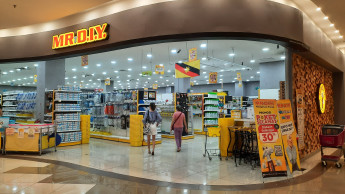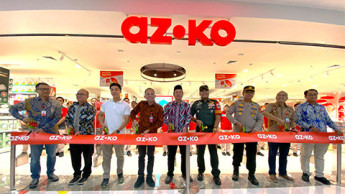Average sales per person, while lower than those of developed countries and Southeast Asian neighbours at USD 51.4 (EUR 46.1) in 2018, is expected to grow by 9.5 per cent annually during the same period.
Frost & Sullivan's report categorises Malaysia's home improvement sector into two areas - hardware and electrical items, and household and furnishings, which include accessories for home living.
The researchers note that despite rising prices for home improvement products, demand for these products is steady. Prices for furnishing, household equipment and routine maintenance, as measured by the consumer price index, rose to 114.8 points in 2018 from 104.1 points in 2012. Meanwhile, average monthly household spending on home improvement went up by 9.2 per cent annually to an estimated MYR 192 (Malaysian ringgit, EUR 41) in 2018 from an estimated MYR 113 (EUR 24) in 2012. "The trend underscores the resilient demand for home improvement products irrespective of economic conditions or price increase," the researchers state.
Growth drivers include a population that is becoming richer and spending more; more urban residential and commercial areas being constructed; and new products and increasing e-commerce participation by both buyers and retailers.
Opportunities are plentiful…

 Menü
Menü















 Newsletter
Newsletter